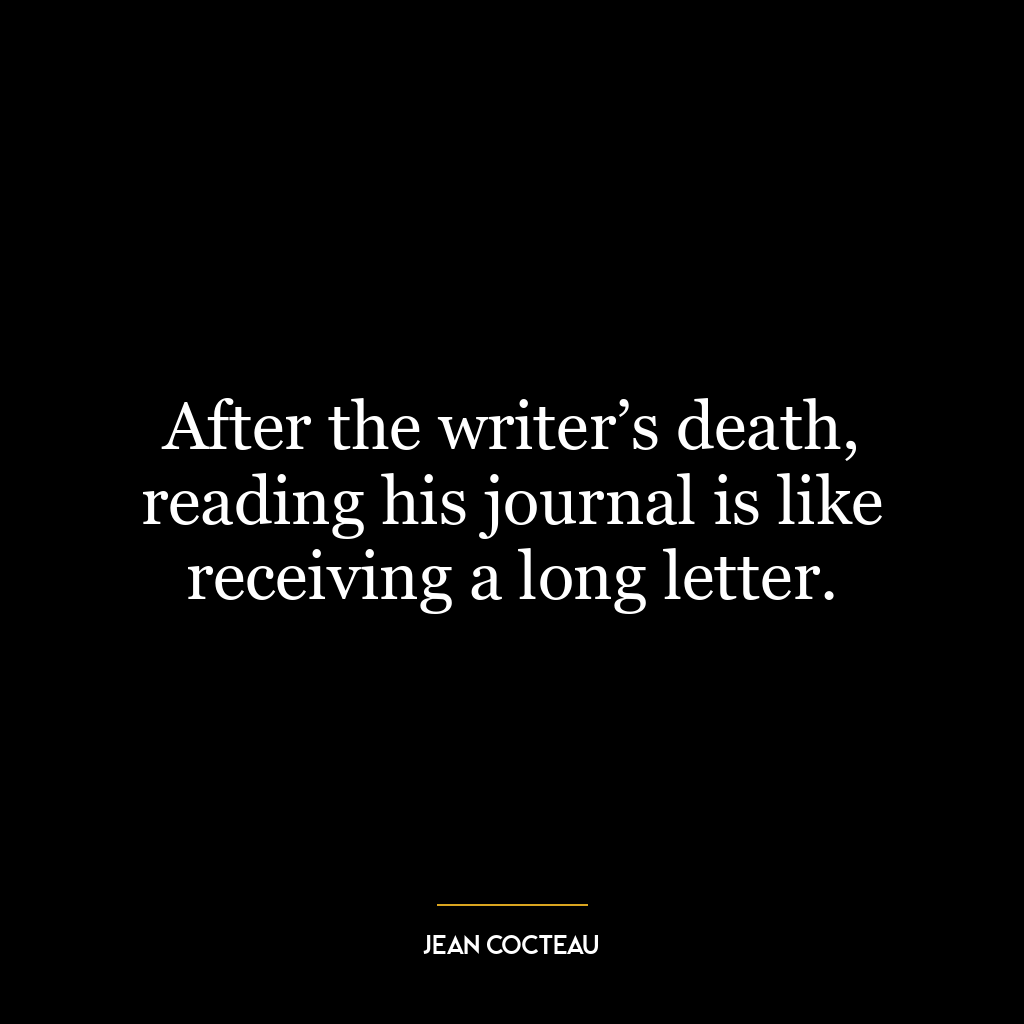I now see that I spent most of my life in doing neither what I ought nor what I liked.
This quote is a reflection on regret and the realization of having lived a life that was not true to oneself. It’s about recognizing that most of one’s life was spent neither fulfilling duties nor pursuing personal passions. Essentially, it points towards a state of existence where one is not truly living but merely existing.
The first part, “doing neither what I ought,” refers to responsibilities or duties that we are expected to fulfill in our lives. These could be societal expectations, familial duties or professional obligations. The second part, “nor what I liked,” refers to personal desires and passions – things that bring us joy and satisfaction.
The entire quote thus paints the picture of a person who has been floating through life without purpose or pleasure – not meeting obligations nor following their heart’s desire. This might be due to fear, lack of motivation, complacency or any number of reasons.
Applying this idea in today’s world would mean evaluating our own lives critically and honestly. Are we doing things because we feel obligated by societal norms? Are we ignoring our passions because they don’t align with these norms or expectations? If so, it might be time for introspection and change.
In terms of personal development, this quote can serve as a wake-up call for those who feel stuck in their current situation. It encourages individuals to strike a balance between duty and passion – fulfilling responsibilities while also making space for activities they love.
It could inspire people to reevaluate their priorities: Is your job draining you emotionally but you’re sticking with it just because it pays well? Do you have hobbies you’ve abandoned due to lack of time?
Ultimately, the message is about authenticity and fulfillment: To live more satisfying lives by aligning actions with values; balancing obligations with interests; daring to pursue what brings joy even if it deviates from ‘the norm’. That way one can avoid looking back on life with regret for having done neither what they ‘ought’ nor what they ‘liked’.








